By Richard Luthmann
On the latest episode of The Unknown Podcast, co-hosts Richard Luthmann and journalist Michael Volpe delivered a fiery analysis of the Paul Boyne case. They cast sharp criticism on Federal Court Judge Kari Dooley and raised serious concerns about the influence of former Connecticut Supreme Court Justice Joette Katz in Boyne’s prosecution. They argued that the case represents a dangerous mix of judicial overreach and the erosion of free speech protections.
Boyne, a Virginia blogger, has been in jail for over 15 months, facing cyberstalking charges over his posts on TheFamilyCourtCircus.com, a blog dedicated to exposing what he claims is rampant corruption in the Connecticut family court system. Boyne believes that Katz, though no longer a judge, has been secretly directing the investigation against him—a claim backed up by a recently filed email, which he believes shows Katz communicating with state officials involved in his case.
“This is an email that Boyne’s been talking about for over a month,” Luthmann said, pulling up the document for viewers. “It’s from April 19, 2022, and it says, ‘Katz Speak to Only.’ Boyne is saying that’s Joette Katz. This is years after she left the bench and left the DCF [Department of Children and Families]. What the hell is she doing involved in his case?”
Volpe, who has been covering the case extensively, emphasized the gravity of Boyne’s claim.
“The fact that this email shows Katz directing communications with law enforcement while no longer being a judge is a game-changer,” Volpe said. “They’ve been trying to shut Boyne down because of what he’s said about corruption in Connecticut courts. And now, Judge Dooley won’t even give him a hearing.”
Judge Dooley has dismissed Boyne’s motions repeatedly, even after Boyne submitted the Katz email as part of his most recent motion for reconsideration. According to Dooley, Boyne’s claims failed to meet the “special circumstances” standard required to invoke Dombrowski v. Pfister, a case that allows federal courts to intervene when state prosecutions are conducted in bad faith or to chill free speech.
“Dooley dismissed this out of hand. She said there’s nothing there, basically,” Volpe said, exasperated. “She just punted it to the Second Circuit Court of Appeals. It’s like she doesn’t even care.”
Luthmann was more blunt, likening Katz’s alleged role in Boyne’s prosecution to a rogue operation.
“This is almost dystopian,” he said. “We have modern-day Nazi hunters in peacetime America, and Katz is at the center of it. She’s running an ‘Inglorious Basterds’ type of operation against American citizens, but we have a Bill of Rights in this country.”
Luthmann’s reference to Inglorious Basterds—a Quentin Tarantino film about a Jewish-American unit hunting Nazis during World War II—was intended to highlight what he sees as the extreme nature of Katz’s actions.
“Look, I understand if you want to go after Nazis, that’s one thing,” Luthmann said. “But this is America, and we have constitutional protections. Katz isn’t even a government official anymore, yet she’s lurking in the background of all these cases.”
The email Boyne filed isn’t the only troubling part of the case. Detective Samantha McCord, a Connecticut investigator, used Volpe’s interviews with Boyne to establish probable cause for a search warrant. According to the warrant, McCord cited two of Volpe’s articles and combed through all three parts of a 45-minute interview Volpe conducted with Boyne.
Volpe, known for his irreverent sense of humor, joked that McCord’s fixation on his work might indicate something more personal.
“I think Sam’s got a crush on me,” Volpe said with a laugh. “She’s listening to all my interviews, reading all my articles. I’d be lying if I said I wasn’t intrigued. She’s got a gun, she’s got a badge—very sexy. But she’s gotta do it the right way. Don’t be stalking my website.”
Luthmann, amused by Volpe’s theory, suggested that Volpe send McCord a signed photo.
“You should send her an autograph,” Luthmann said. “Eight by ten, framed. Maybe throw in a personalized message.”
Jokes aside, Volpe raised serious concerns about the warrant’s implications for press freedom.
“This is a fishing expedition,” he said. “They’re using my conversations with Paul to justify the state’s actions. My interviews are all online. Anyone can go listen to them. What do they need a search warrant for?”
Volpe continued, pointing out the broader danger of using journalistic materials to build a criminal case.
“This is about free speech and press rights. They’re dragging me into this because I talked to Paul Boyne. What happens to the next journalist who covers a story like this? Are they gonna be next?”
The discussion then turned back to Katz, who has been silent about her alleged involvement in Boyne’s prosecution. Despite being vocal on other issues, including advocating for legal action against hate speech, Katz has refused to comment on the allegations.
In a January 2022 article for the Connecticut Law Tribune, she wrote about a blog—widely understood to be Boyne's—stating that it had escalated from "vile, disgusting anti-Semitic, anti-gay, anti-Black rants to actual threats of violence and death."
Katz further emphasized the dangers of such rhetoric:
"While I know that it's not always easy to draw the line between a true threat and a statement that's simply alarming because of its violent and offensive language, I feel confident in stating that the threats made in the blog cross the line and are dangerous."
At a 2022 Anti-Defamation League symposium, Katz spoke about using legal tools to combat hate speech, even when direct convictions are challenging to secure. Boyne believes that Katz's public advocacy aligns with her alleged private efforts to influence his “silencing” prosecution, thus infringing upon his First Amendment and Due Process rights.
“If Katz is so vocal about using the law to fight hate speech, why won’t she speak on this issue?” Luthmann asked. “Her silence is deafening. It’s almost like she knows what’s in that email, and by not addressing it, she’s admitting it. You can’t have it both ways.”
Volpe agreed, noting the irony of Katz’s public stance against hate speech while staying quiet about the Boyne case. “She’s all about free speech when it suits her,” Volpe said. “But when her name gets linked to a case like this, she disappears. It’s like she’s hiding something.”
The implications of the Boyne case are far-reaching, touching on issues of free speech, judicial misconduct, and the role of the press in holding the government accountable. For Boyne, who remains in jail awaiting a decision from the Second Circuit, the fight is about more than just his freedom.
“This isn’t just about me anymore,” Boyne said in a statement read on the podcast. “This is about the First Amendment and whether we can criticize the government without being thrown in jail for it.”
As Luthmann and Volpe wrapped up the episode, they urged listeners to consider the case’s broader significance.
“If the courts can ignore evidence like this and silence people like Boyne, we’re in trouble,” Volpe warned. “This isn’t justice. It’s censorship.”
The Paul Boyne case continues to unfold, with Boyne’s fate—and the integrity of free speech in Connecticut—hanging in the balance.


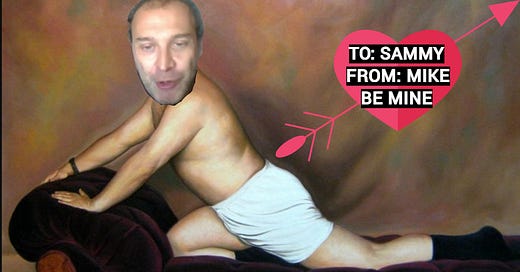





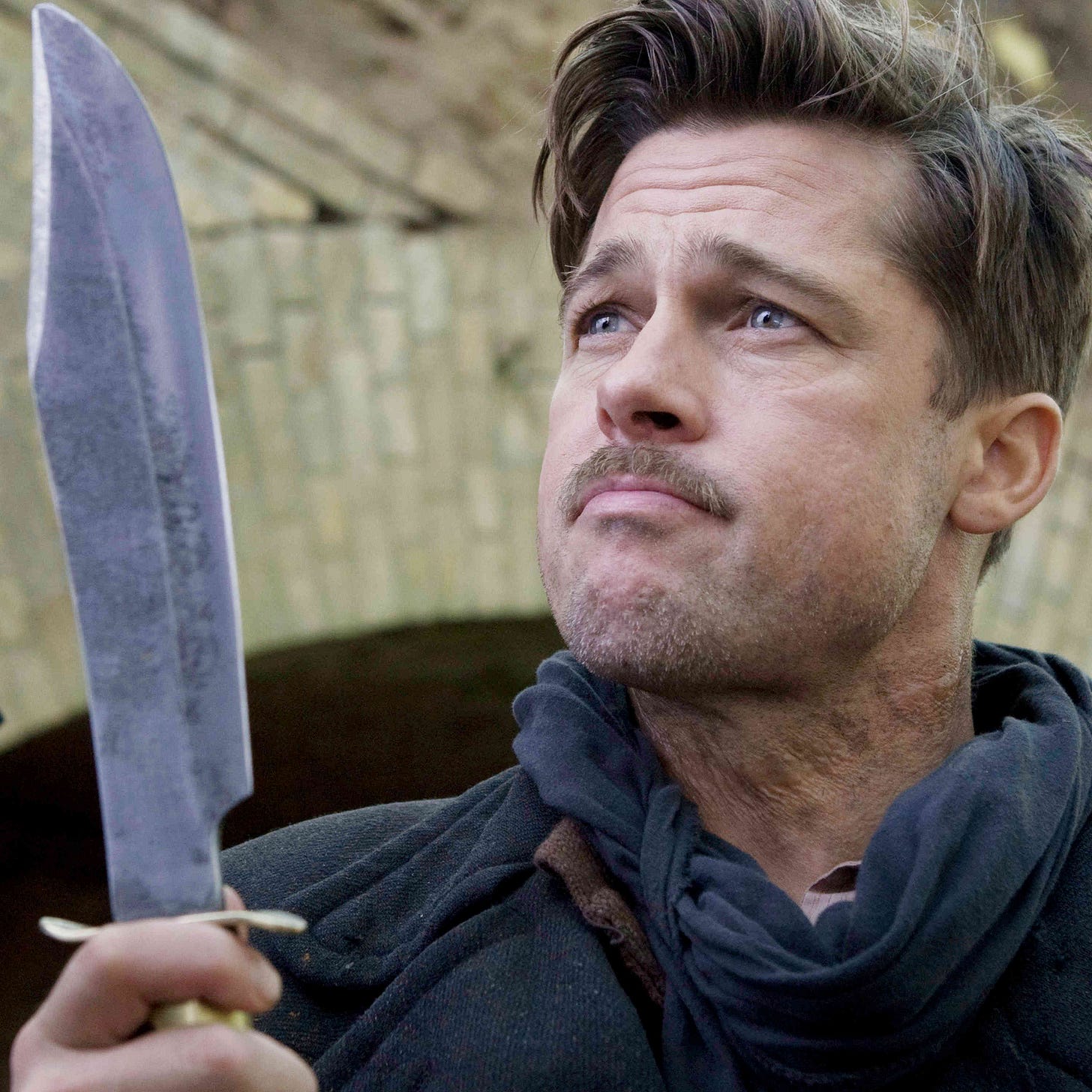






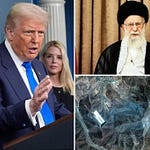
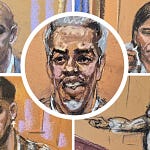
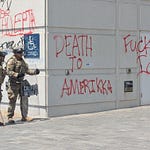



Share this post